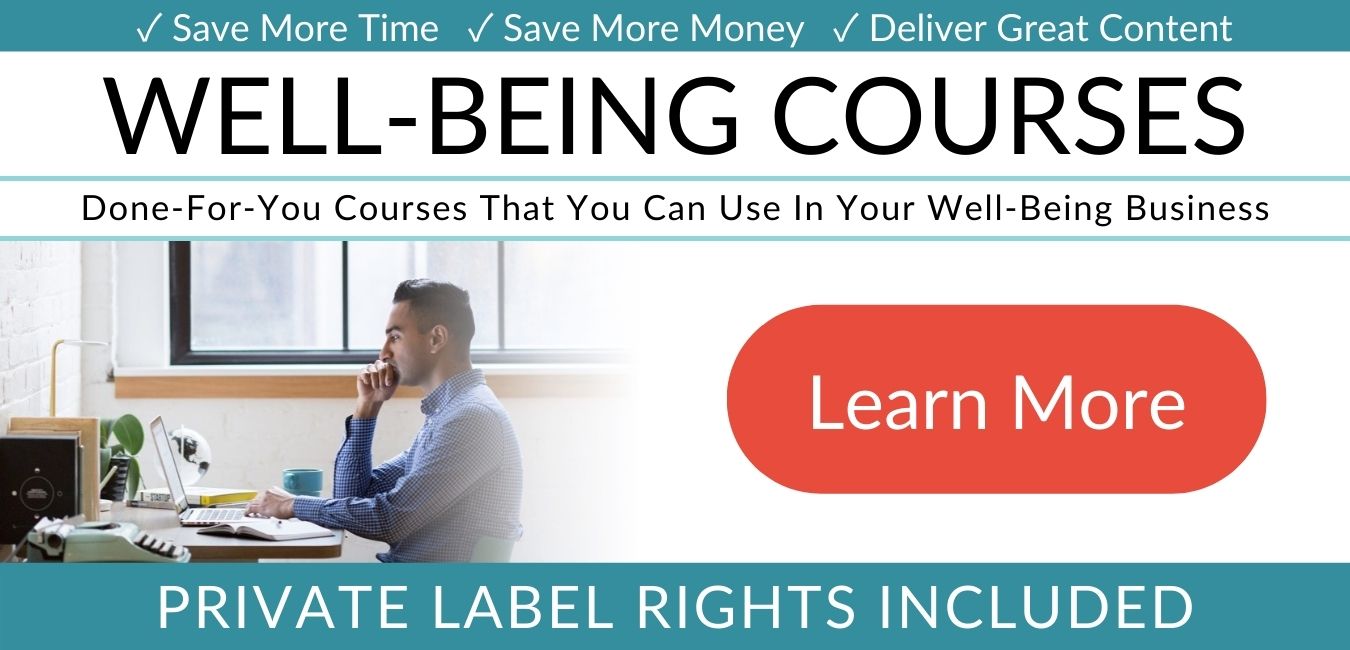Self-Knowledge: Definition, Examples, & BenefitsDiscover more on self-knowledge and the benefits of a thoroughly examined life.
Research suggests that self-knowledge, or how well we understand ourselves, is actually much more challenging to achieve than we might guess (Wilson & Dunn, 2004). Social pressures and psychological defense mechanisms can skew our perception of ourselves and lead to a mismatch between how we see ourselves and who we really are. Luckily, with time, effort, and a willingness to accept our flaws, we can get to know our true selves. Let’s talk more about what self-knowledge is and how we might benefit from it.
Before reading on, if you're a therapist, coach, or wellness entrepreneur, be sure to grab our free Wellness Business Growth eBook to get expert tips and free resources that will help you grow your business exponentially. Are You a Therapist, Coach, or Wellness Entrepreneur?
Grab Our Free eBook to Learn How to
|
Are You a Therapist, Coach, or Wellness Entrepreneur?
Grab Our Free eBook to Learn How to Grow Your Wellness Business Fast!
|
Terms, Privacy & Affiliate Disclosure | Contact | FAQs
* The Berkeley Well-Being Institute. LLC is not affiliated with UC Berkeley.
Copyright © 2024, The Berkeley Well-Being Institute, LLC
* The Berkeley Well-Being Institute. LLC is not affiliated with UC Berkeley.
Copyright © 2024, The Berkeley Well-Being Institute, LLC




